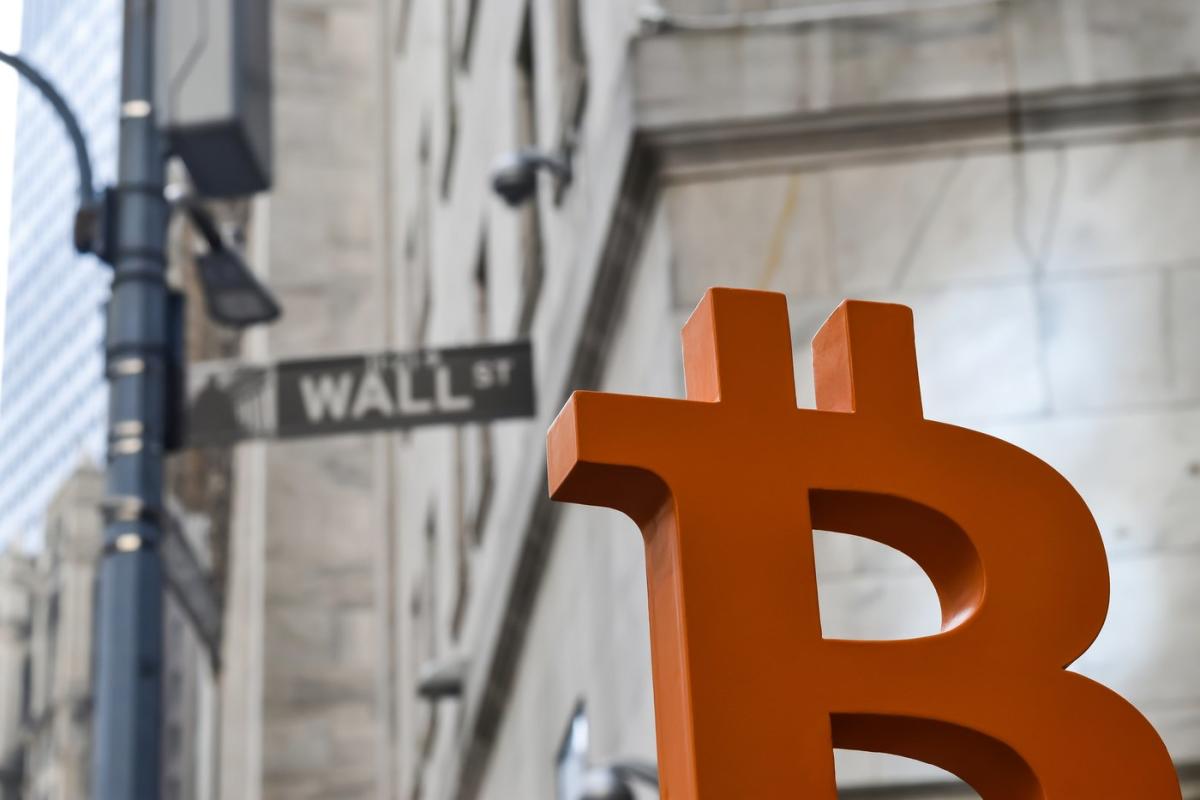Over the past two weeks, all three major stock indexes have reached new record highs. Although there have been pockets of strength throughout the market, these are the “Magnificent Seven” actions that are widely credited with raising the Dow Jones Industrial Average, S&P500And Nasdaq Composite to new heights.
The Magnificent Seven, as their name suggests, are seven of the largest and most influential companies in America. These seven components are (in descending order of market capitalization):
In addition to crushing the benchmark S&P 500 in the returns column over the last 10 years, the Magnificent Seven have undeniable competitive advantages. Examples include:
-
Nvidia controls more than 90% of all graphics processing units deployed in enterprise data centers accelerated by artificial intelligence (AI).
-
Amazon is the leader in U.S. e-commerce retail market share and global spending on cloud infrastructure services (via Amazon Web Services).
-
Alphabet’s Google accounted for about 91% of the global share of internet searches in March, according to GlobalStats.
But not all components of the Magnificent Seven are ultimately “magnificent.” To be completely honest, some have been just plain duds over the past year. What follows are two stocks from the Magnificent Seven that should be sent to the chopping block, as well as the two phenomenal companies that can logically replace them.
It’s time to ditch this component of the Magnificent Seven: Tesla
As I made clear in late February, the Tesla growth story is officially dead. While the company has built up good cash flow to navigate a turbulent electric vehicle (EV) market and leveraged its first-mover advantage on four consecutive years of generally accepted accounting principles (GAAP) profits, Tesla is just a shell of what it was once advertised to be.
For starters, the company has aggressively reduced the selling price of Models 3, S, by half to 8.2%. CEO Elon Musk has previously emphasized that demand for electric vehicles dictates his company’s pricing strategy. Yet even with aggressive price cuts, inventory levels have continued to rise.
Another problem with Tesla is that its efforts to become more than an automaker have largely failed. Although it deserves credit for becoming the charging network of choice by many electric vehicle manufacturers in the United States, its energy generation and storage sales growth has stalled, while its gross margin for services remains stuck in the low single-digit range. Tesla’s sales and profitability depend on its ability to sell and lease electric vehicles – and it’s a segment that is currently under severe pressure.
As I’ve pointed out in the past, Tesla also generates a significant percentage of its pre-tax profit from unsustainable sources, including interest income on its cash flow and regulatory tax credits. This makes the company’s premium valuation all the more glaring.
Tesla is an automaker that is losing its first mover advantages and, in my opinion, has no business considered a component of the Magnificent Seven.
It’s also time to put out to pasture this constituent of the Magnificent Seven: Apple
The other Magnificent Seven stock that should get the proverbial boost is tech titan Apple.
On the bright side, Apple’s iPhone still dominates in the United States, and the company’s subscription services segment has been its most consistent performer in years. Additionally, the $651 billion in stock repurchases undertaken by Apple since the start of 2013 are the highest among all public companies. A steady diet of buybacks has boosted Apple’s earnings per share (EPS).
Apple’s concern is that its growth engine has completely stalled. In fiscal 2023 (ending at the end of September), sales declined across all of Apple’s physical product segments. Through the first three months of fiscal 2024, iPad and wearable devices generated double-digit sales declines compared to the prior-year period.
To make matters worse, preliminary research data released by IDC last week shows that Apple’s iPhone shipments fell 9.6% to 50.1 million units from a year earlier. The iPhone is the company’s main source of revenue.
When Apple was valued at 10 to 15 times its earnings for the coming year, no one cared if the company suffered a growth hiccup. But with EPS forecast at 27 times for the current fiscal year, a second consecutive year of zero or negative growth is a horror too big to sweep under the rug.
Apple’s best days of growth may well be in the rearview mirror – and for that reason, it no longer belongs to the Magnificent Seven.
The first overachiever who deserves his place among the Magnificent Seven: Berkshire Hathaway
If Tesla and Apple are shown the door, the first obvious company that should be considered a true component of the Magnificent Seven is Warren Buffett’s. Berkshire Hathaway (NYSE:BRK.A)(NYSE:BRK.B).
Even if it’s true…

